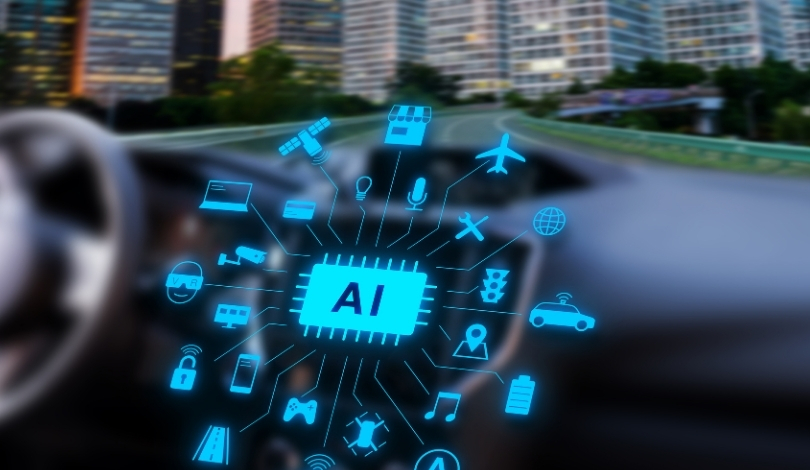Anthropic has decided to expand access to its Claude chatbot across all three branches of the U.S. federal government, introducing a new chapter in the competitive landscape of artificial intelligence services for public institutions. The move comes as leading AI firms vie for closer relationships with Washington, seeking both visibility and potential government contracts. As these companies make their systems more accessible, government officials and tech leaders are weighing both operational benefits and regulatory implications. Anthropic’s announcement has added momentum to the ongoing competition among top AI developers, which had already intensified after OpenAI’s recent offer to the executive branch. These efforts reflect a collective recognition of the importance of public sector partnerships in shaping the deployment of advanced AI technologies.
Earlier announcements from AI companies mainly focused on select federal branches or pilot collaborations, with OpenAI recently providing ChatGPT Enterprise to only the executive branch for a symbolic annual fee. Google and xAI, another Elon Musk venture, have also introduced government-oriented solutions, though their initiatives were limited to specific agencies. While prior deployments included department-level AI use, the scale of Anthropic’s latest offer broadens the reach to all branches, marking a notable shift in strategy.
What Does Anthropic’s Government Package Include?
The package enables executive, legislative, and judicial agencies to use both Claude for Enterprise and Claude for Government offerings for $1 a year. The government-oriented version of Claude has been certified for FedRAMP High workloads, meaning it can process sensitive but unclassified information securely. Anthropic’s technology has already supported agencies such as the District of Columbia Department of Health and the Lawrence Livermore National Laboratory. Co-founder and CEO Dario Amodei said,
“America’s A.I. leadership requires that our government institutions have access to the most capable, secure A.I. tools available.”
How Are Other Competitors Responding?
OpenAI’s recent deal, which grants ChatGPT Enterprise to the executive branch, provided two months of unlimited advanced features, as well as training for federal employees to familiarize themselves with the platform. Both Anthropic and OpenAI were recently added to the General Services Administration’s list of approved AI vendors, alongside Google. Google, although included, has yet to release details of a comprehensive government-focused package. Meanwhile, xAI has launched proprietary AI products for government use, indicating an increased effort from technology companies to meet federal requirements.
Why Are AI Firms Prioritizing Federal Partnerships?
AI companies see government contracts as a strategic market due to scale, regulatory influence, and national security priorities. The Department of Defense has awarded contracts of up to $200 million each to Anthropic, OpenAI, Google, and xAI, tasking them with national security work. Strengthening ties to the federal government positions these companies for future, larger-scale collaborations. Anthropic noted,
“By offering expanded Claude access across all three branches of government, we’re helping the federal workforce leverage frontier A.I. capabilities to maintain our competitive advantage and better serve the American people.”
Ongoing efforts by AI companies to work directly with government agencies reinforce the shift from private sector AI exclusivity toward broader public collaboration. Unlike earlier restricted or trial access, current offers by Anthropic and OpenAI emphasize scale and long-term integration. The addition of FedRAMP certification and active contracts from the Department of Defense also distinguish the present wave of government partnerships from earlier initiatives, which often centered around demonstrations rather than sustained engagements.
As access to advanced AI such as Claude and ChatGPT expands in government, observers will be able to better assess efficiency, compliance, and data security outcomes. For institutions navigating digital modernization, assessing AI providers for certified security standards and suitability to public sector workflows will be vital. Organizations interested in deploying AI models should evaluate vendor track record, data handling capabilities, and availability of customized solutions. As competition grows, these factors will shape public sector leverage of advanced AI, potentially influencing both internal operations and national policies surrounding technology adoption.










